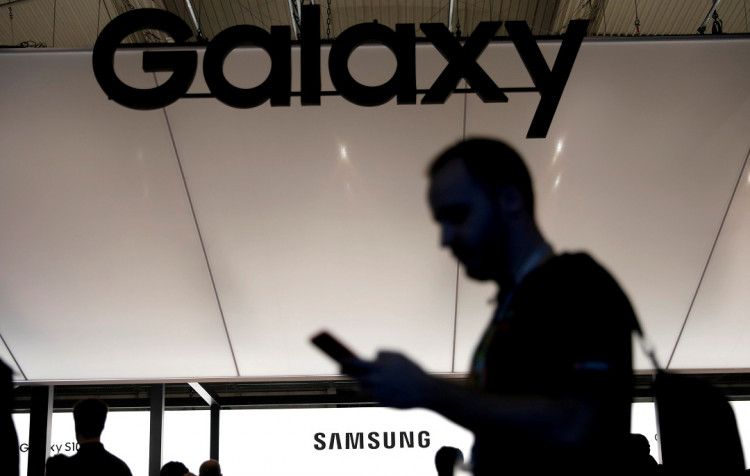Samsung issued a warning to its investors and shareholders of a possible drop in profits for the company's second-quarter earnings. The South Korean tech giant forecasted a possible 56 percent drop in profits due to the continued decline in the demand for its memory chips and smartphones.
The company announced that earnings for its second-quarter ending in June would be affected by a drop in operating profits, which apparently went down to $5.6 billion for the quarter from $12.7 billion for the same quarter last year.
The company's downgraded forecast was actually better than the initial analysts' earnings predictions. The only reason the company had reached its $12.7 billion operating profits last year was due to "one-time gain" in its display business after it struck a deal to supply display screens for major smartphone manufacturers including Apple.
Analysts have so far agreed with Samsung's assessment of its own situation, with most citing the slowing demand for memory chips and a global surplus as major reasons for lowered earnings expectations. In the firm's last quarter, Samsung had reported profits at levels not seen since Samsung was dealing with the fallout of its exploding Galaxy Note 7 phones in 2016.
The charm the company once had has also slowly faded, with demand for its products continually decreasing. The company's latest flagship smartphone, the Galaxy S10, had experienced weak sales globally. This further dragged down the company's profits and will lead to overall lower numbers for the latest quarter.
However, some analysts do see a good future for the company, whose business does include the manufacturing of key components for rival brands. Samsung has also been slowly ramping up its 5G network equipment business, an industry that could potentially counter its waning smartphone business.
Samsung could also stand to gain from the troubles currently facing its Chinese rival, Huawei. The world's largest telecommunications equipment manufacturer has been having trouble growing its 5G business due to the ongoing trade dispute between China and the United States. Huawei was placed on the United States' trade blacklist in May, essentially cutting it off from its US suppliers. The use of Huawei's network equipment was also banned in the US, opening up the market for other suppliers.
Immediately following the ban, Huawei reported a 40 percent drop in its overseas sales, for both its network equipment and smartphones. Samsung did see a slight uptick in smartphone shipments to the US after Huawei was banned in the country. Samsung is expected to further benefit from Huawei's woes for the next quarter.





